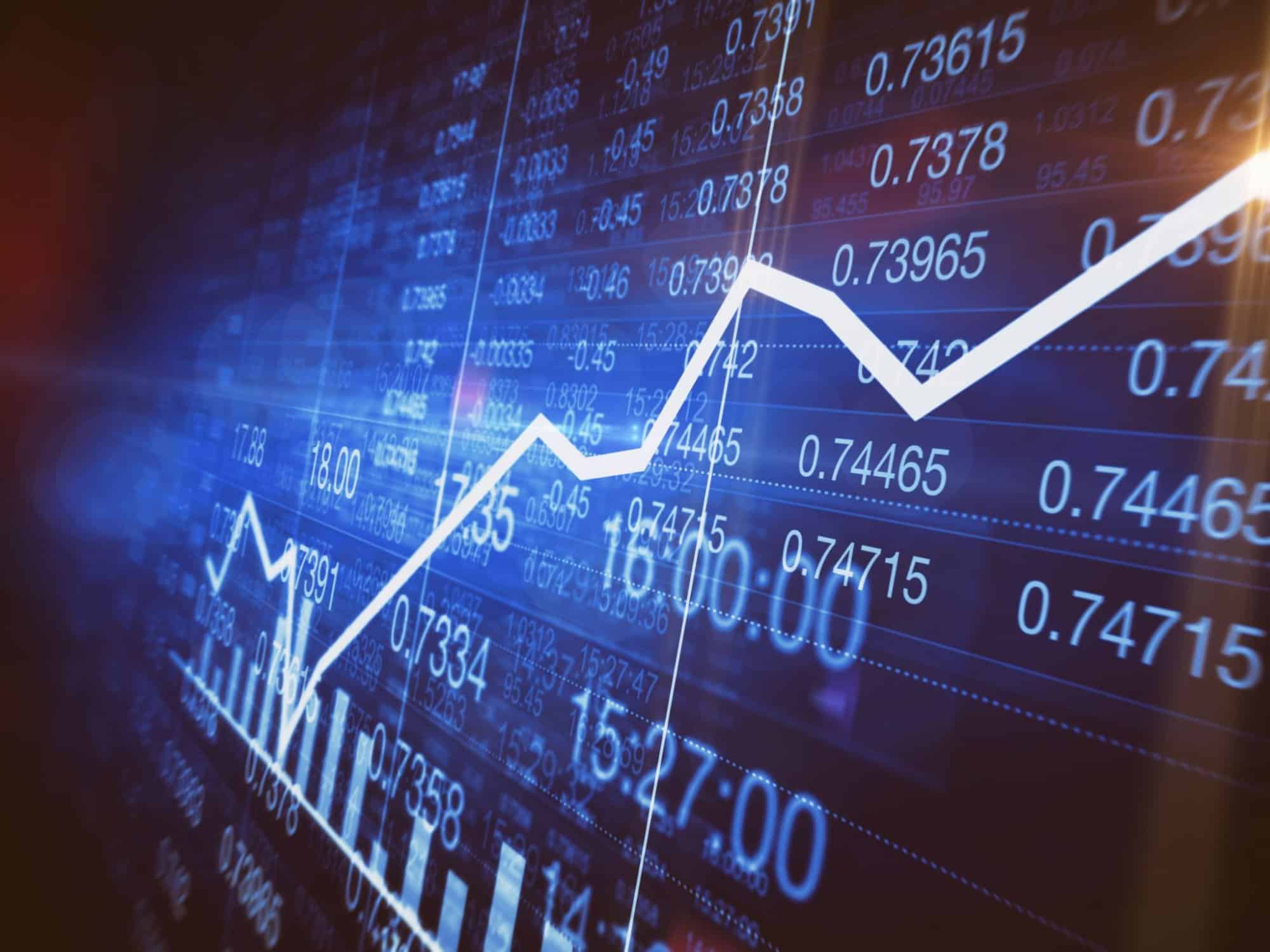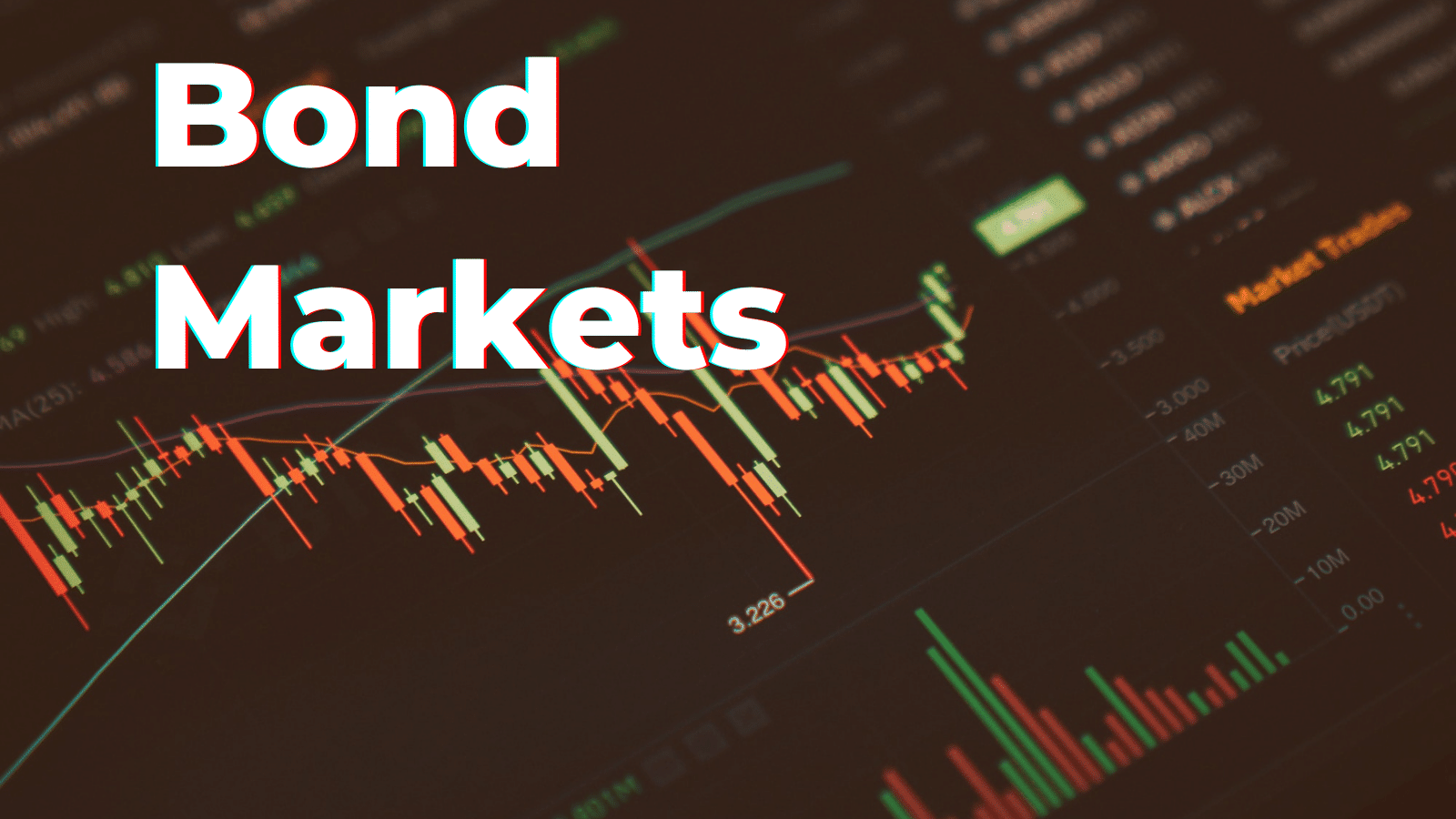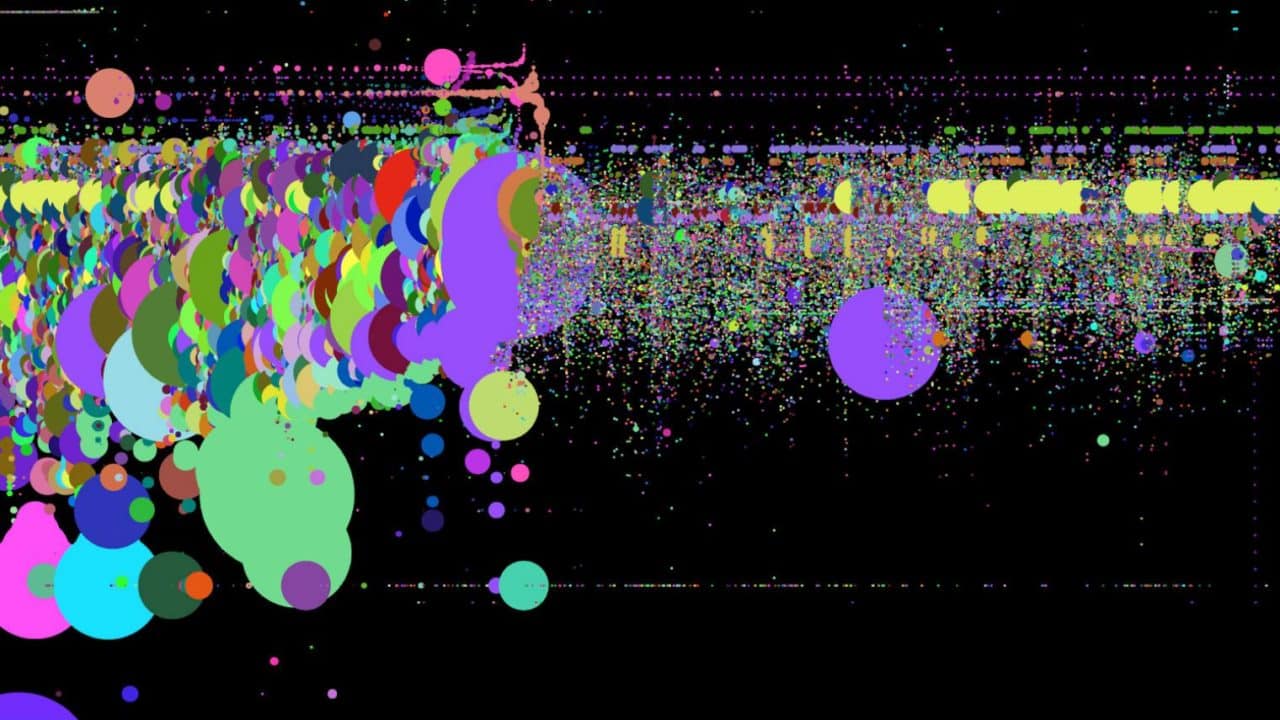What factors affect the profitability of an automated trading system? Here is a list of the 10 things in no particular order.
1. System speed: A particular high-frequency trading algorithm may be profitable at high speeds (i.e., at a low mean and narrow the dispersion of decision and messaging times), but not at slower mean speeds or higher standard deviations.
2. Trade selection algorithm: Obviously, having a good trade selection algorithm is important. Trades with favorable, statistically proven, expected payoffs are better. Standard deviation of payoffs should also be considered. However, how to prove these things is another question!
3. Commissions and exchange fees: If a particular high-frequency trading strategy shows an average profit of $1.00 per contract traded and the round turn commission is $1.10, you will have a difficult time making money.
4. Margin rates: The same can be said for margin rates as for commissions and exchange fees.
5. Taxes: Hedge funds seeking a competitive advantage often move offshore to the Cayman Islands or Gibralter to take advantage of opportunities for tax savings. This can make the difference.
6. Order management algorithms: For high-frequency systems trading on exchanges using a first-in/first-out matching algorithm, limit orders are options on queue position. Some exchanges use a pro-rata algorithm for matching orders, which should cause you to think differently about your order management techniques and to what extent they impact success. Optimizing order management algorithms for partial fills and time and volumes can make the difference between success and failure.
7. Efficiency of development: Speed and cost of development impact the long-term success of a system. Since no trading strategy will be successful forever, the faster and cheaper you can get a system up and running the better opportunity you will have over the long term.
8. Efficiency of management: The more efficient markets become, the more cost minimization will become a competitive advantage.
9. Efficiency of redevelopment and improvement: A trading system life can be extended if they are allowed to evolve. Firms that implement a system of continuous improvement will be at a competitive advantage.
10. Risk management: As with trade selection algorithms, risk management algorithms are an important piece of the success of a trading system. Understanding when it’s time to shut a system down is also important.
Ariel Silahian




Good article. I’m going through a few of these issues as well..